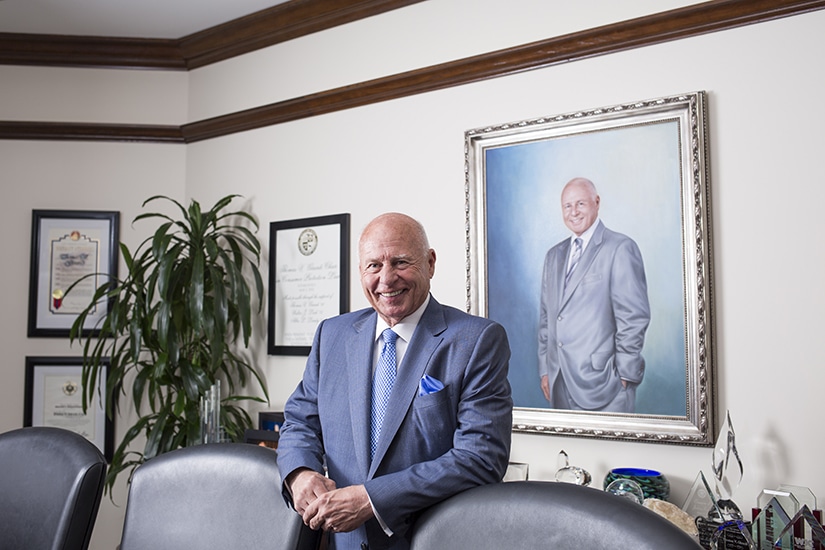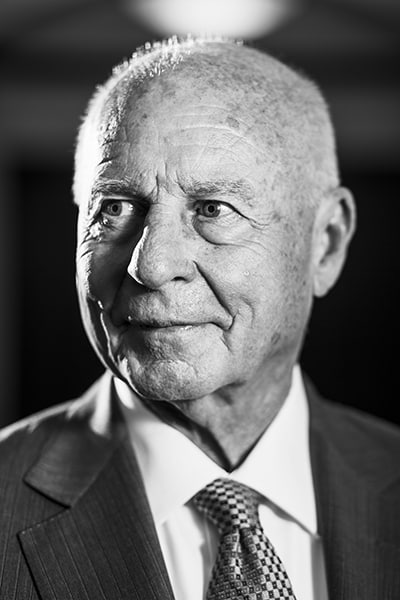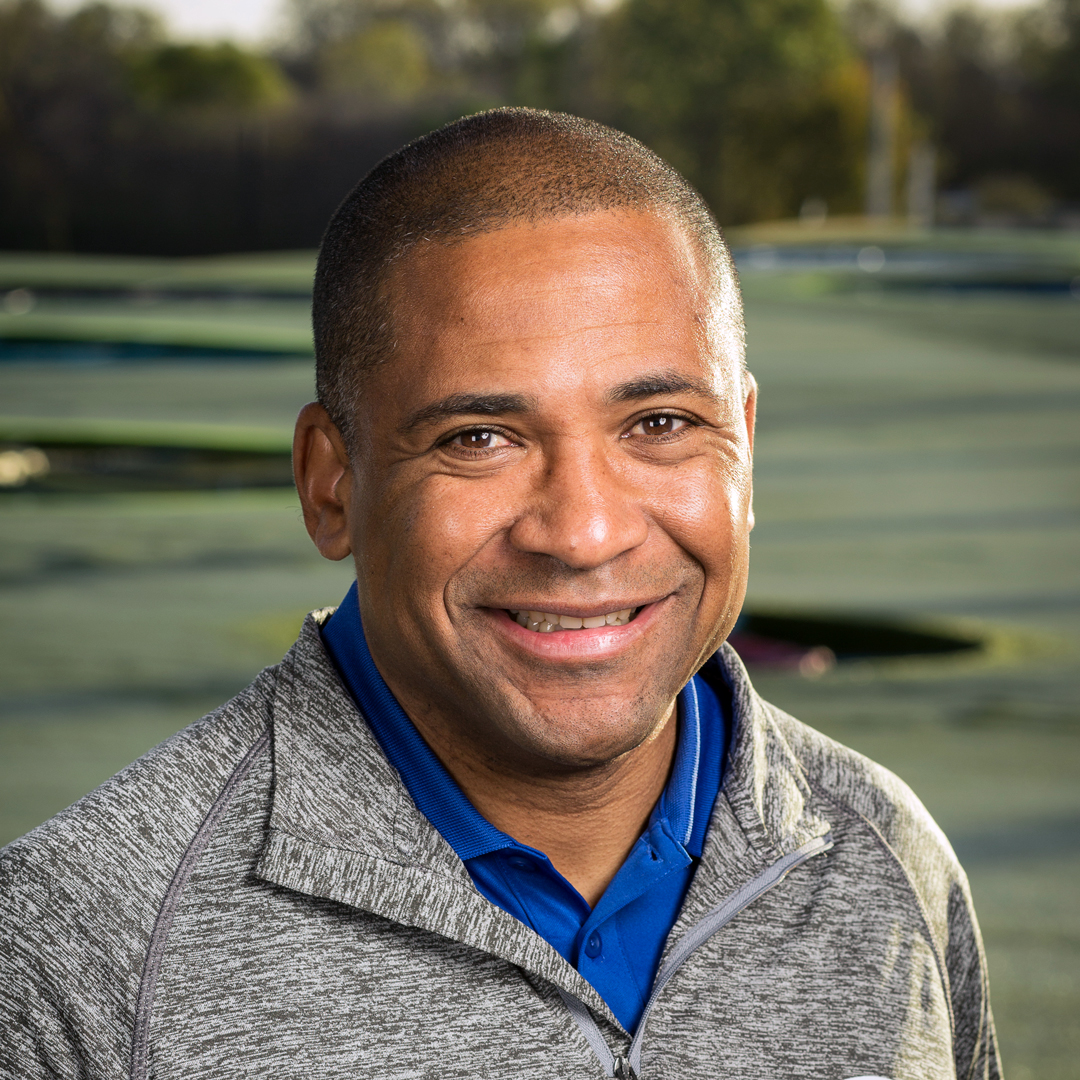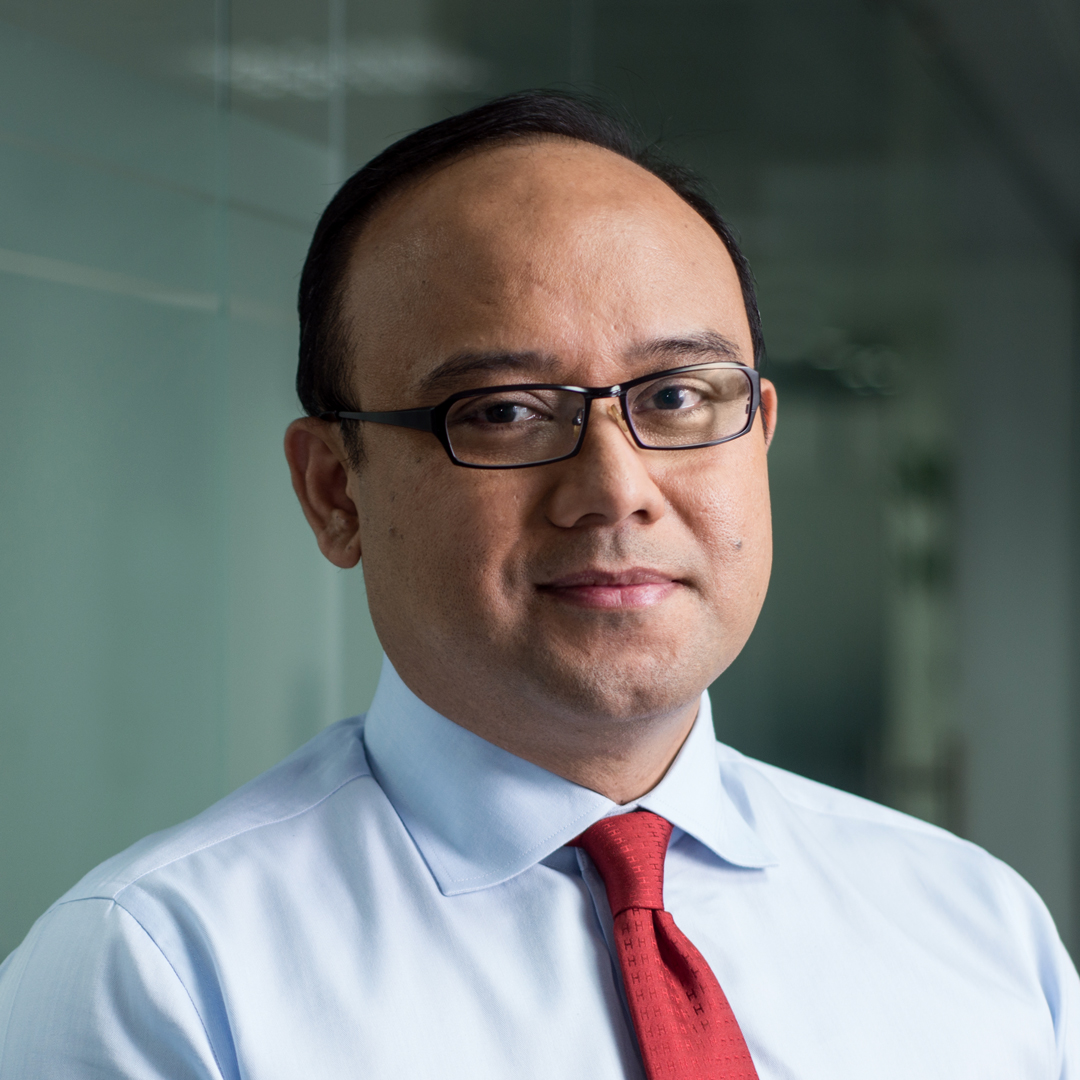You might know Tom Girardi as one of the lawyers who worked on the landmark 1993 Pacific Gas and Electric Company case, which served as the basis for the Oscar-winning 2000 film Erin Brockovich. Perhaps you know him as the husband of Erika Jayne, one of The Real Housewives of Beverly Hills, on Bravo. Or maybe you just know him as the prominent trial lawyer he is, one who has long represented everyday folks in cases against corporate juggernauts such as pharmaceutical giant Merck, the Los Angeles Dodgers, and each of Hollywood’s seven major movie studios.
As one of the heads of the venerable Girardi & Keese law firm, Girardi continues to practice law while also mentoring a stable of young lawyers. He was recently named Lawyer Of the Decade by the International Association of Top Professionals and has been Super Lawyers’ number one attorney in California for five years running.
In an interview with Modern Counsel, Girardi details what drew him to the courtroom, what he has learned from his mentors, the benefits of an entrenched staff, the impact of celebrity, and more.

Why did you gravitate toward work as a plaintiff lawyer? What is it you find most satisfying about that work?
I knew absolutely, positively, without a doubt that I wanted to be a trial lawyer in the sixth grade because on Saturday night, at seven o’clock, Perry Mason came on. Perry Mason was awesome. Here was this gentle person seeking to help people, doing the right thing, and getting great results. I don’t think anybody could watch that show as often as I did and not want to be a trial lawyer.
So you knew early on you wanted to go to law school?
Totally. Maybe that’s because I was so bad at everything else, but I was born to do this. That’s all there is to it.
Did you have a mentor coming up in the legal world?
Oh, for sure. When I was in law school, I found out there was a plaintiff lawyer by the name of David Harney, so I called him and asked if I could assist him. I didn’t want to be paid, and I ended up carrying his files around and got to sit through a couple of trials and so forth. He was totally inspirational. Then, on the other side was John Costanzo, the greatest defense lawyer. He had all these major cases representing General Motors and so forth. These guys were fabulous lawyers, but they were also the nicest guys you ever met in your life. Today, there’s so much antagonism in the legal profession. They would be against each other, but, man, when court was out at five o’clock, they were having a little bit more than a glass of wine.
How would you say their influence still impacts your career?
Those two guys, being the two leading lawyers in Los Angeles on both sides, really taught me a lot. I mean, I would watch Harney and how he would hesitate as he asked questions, making sure the jury was listening to what he was doing. Both of them were so jury oriented. They knew how important it was for the jury—more than the judge or anybody else—to understand the case. You need to gauge these cases against the jury.
When I look at my legal life, I think I truly only won one case. I had a case against Costanzo. It was huge. It was a medical malpractice case, and he had offered $30,000. The jury came back with $1.2 million, and as they’re pulling the jury, he passes me a note that says, “Now, you idiot, will you take the $30,000?” [Laughs]
What lessons do you pass down to those you end up mentoring?
Being a good lawyer has nothing to do with knowing the case of Mapp v. Ohio. Really, it has to do with relationships, and so many lawyers have lost that idea of how important relationships are with both your client, the judge, and the other side.
Would you say developing bonds that go beyond the courtroom has been a pattern in your career?
Yes, I think so. There are many very, very good lawyers, but they sometimes don’t communicate with the client as they should. As you get older, you begin to understand that taking information to the client is really important. Keeping good lines of communication open is important when you represent them, and next thing you know, they are calling because their neighbor just got into a terrible accident. Then the communication continues to build.
What informs your decision as to whether or not to take on a case?
Quite honestly, it doesn’t matter how big the case is. It depends on if the person is right or not. If you’re right, I want to help you. So, even if it’s not a huge case, I want to help anyway because, to many people, a $30,000 settlement means so much. Also, I have some young lawyers here that need the experience of trying those cases.

Numerous members of your team have been with you for more than thirty or forty years, How have you managed to hold onto so much talent?
Number one, we treat them with respect, but I think more importantly, they really believe in what we’re doing. They think it’s important that we represent the people we represent. I’m not sure they would have quite the same fervor if we were defending an insurance company.
You’ve achieved a level of fame not just for your legal work but also for your association with the Real Housewives and Erin Brockovich. Are there particular challenges and benefits of having that kind of recognition in the legal world?
Well, those are two different stories. Erin Brockovich was really good because that gave people an awareness—maybe for the first time—of environmental issues that are taking place. It was made for regular people, not lawyers, though it ended up being a very positive thing for the legal profession. Lawyers still discuss it when working on environmental cases; it’s well known even to this day. Now, Housewives is a whole different can of worms. [Laughs] I’ve managed to stay off of it pretty good. Obviously, I would do anything to help Erika.
How would you advise general counsel in the corporate sector to approach their work so that they’re less likely to face you in a courtroom?
I think a common failure of general counsel is not resolving an issue earlier rather than later. If there’s a case for $100 and you think you’re responsible, you can settle that case for $75 early in the game. But, if you continue on, that same case will cost $300, with $500 of legal fees. Sometimes, what could have been a small matter can become something quite huge.
How long do you plan to keep practicing?
As long as I don’t have to have a catheter. [Laughs] This is so much fun, and quite honestly, after all this time, I get the idea that I finally know how to do it.


